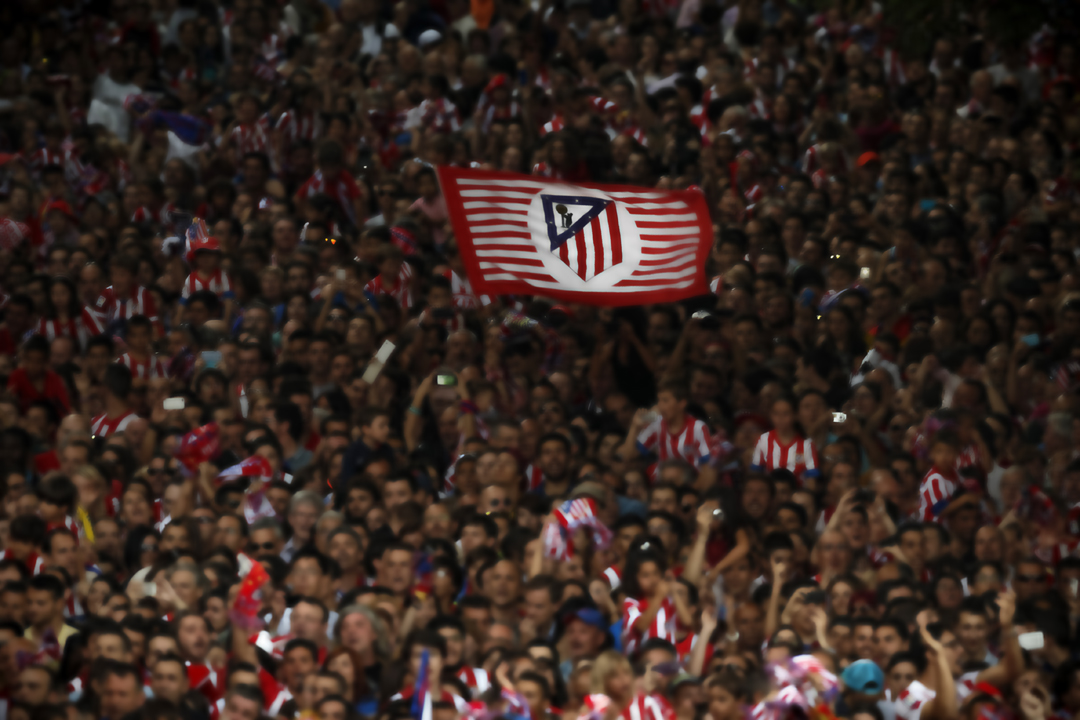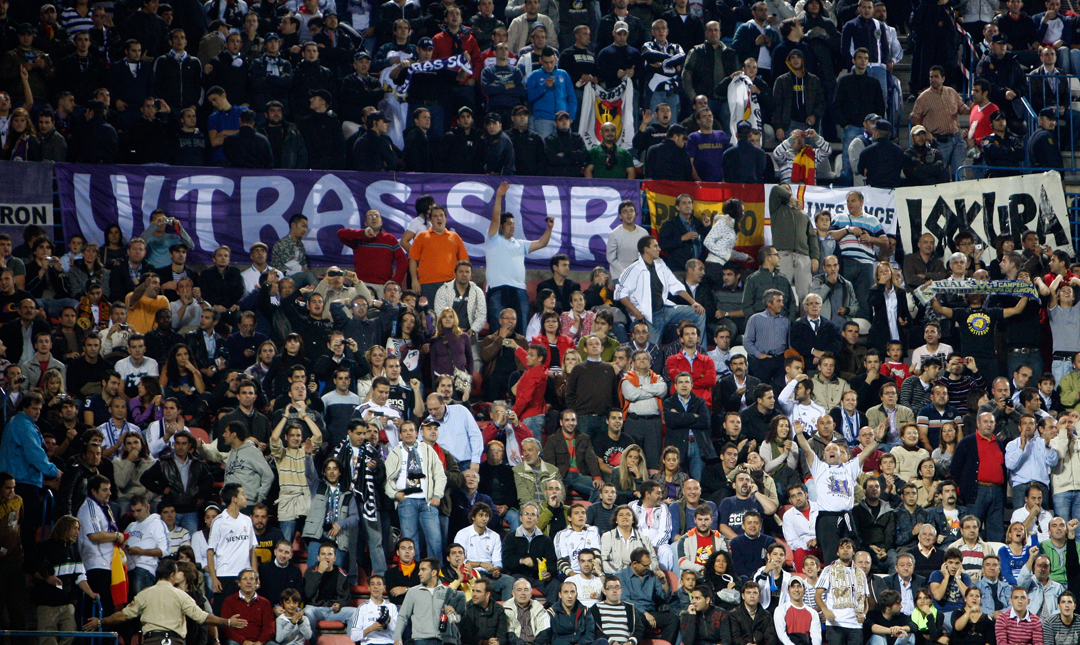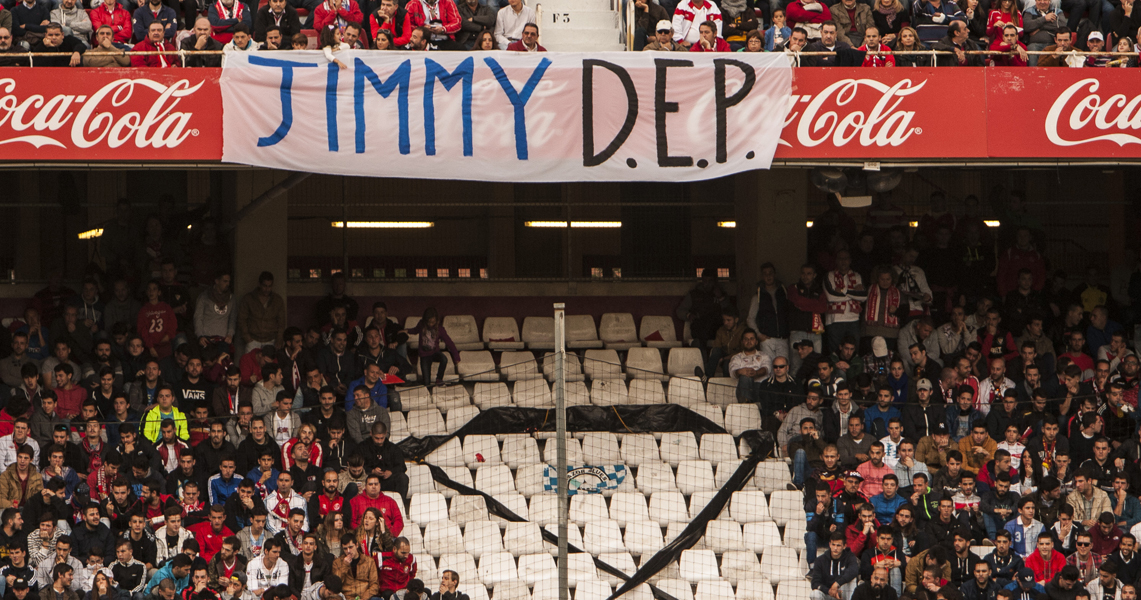Does Spain summit mark the end of the Ultras?
The continuing reaction to a fan's death on Sunday may have far-reaching consequences - starting today, says Tim Stannard...

Although the outcome is a little unpredictable, one thing for certain on Thursday is that a meeting between the government, the Spanish League (LFP) and the Spanish FA (RFEF) is going to be a bit of an epic.
The breakfast, lunch and dinner budget is going to be blown for the entire year and the next. The topic is the urgent issue of what to do with some of the more disagreeable elements of the country’s football supporters.
NEWS Spain considers stadium closures
LLL is loath to use the word Ultras too willy-nilly as the reality of the term is a little more nuanced. "Ultras" can mean extra-passionate fans who sit in a fixed part of the stadium and make a hell of a lot of racket.
Ultras are not necessarily thugs looking for a rumble. Indeed, some of the Rayo Ultras were the same supporters who backed the cause of an 85-year-old neighbour lady evicted from her home. Then again, nor are they going to quietly sit and watch a game in silence and then head off home, like a trip to the cinema.
This is why Ultras and the clubs have close relationships, which differ from team to team. Some clubs provide free tickets to certain sections of the stadium; others are more stand-offish but allow giant banners and what-not into the grounds. In a country where it's rare to find 90 minutes of singing and cheering as per the Premier League, the noise and atmosphere that Ultra groups generate is often appreciated.

The downside
Get FourFourTwo Newsletter
The best features, fun and footballing quizzes, straight to your inbox every week.
However, the groups can sometimes be more trouble than they are worth, either in terms of violence, leading campaigns against owners or engaging in highly inappropriate and often right-wing activity that falls foul of UEFA rules. It was partly for this reason that Real Madrid banned sections of the Ultra Sur and took away what was previously a designated end behind a goal.
Former Barça president Joan Laporta formally cut off the club’s ties with their own more hardcore Ultra group completely, taking the firm action that other institutions might well be copying.
Although the first few days after the death of Jimmy Romero were spent in an exercise of finger-pointing and a round of who knew what and failed to do something, a more studied approach looks set to be taken.

Club reaction
Atlético Madrid’s leadership have announced that the Frente Atlético will be targeted, with those members with links to Sunday's trouble or a violent past being banned. The club will remove its recognition of the group and look at reassigning the seating area. As Director General Miguel Angel Gil pointed out, the club cannot dissolve the Frente: that falls into the remit of a judge.
Deportivo president Tino Fernández also announced firm action with the area in the stadium were the Riazor Blue group congregate being closed for at least the next two weeks, before more permanent moves are made.
What Spanish football has to go through is similar to what Italy has looked at more recently and English back in the 1980s, although the prevalence of hooliganism and violence was far greater there than in La Liga, where stadium trouble is extremely rare.
The challenge will be preventing the more disagreeable elements of a club’s support from causing trouble in, around and away from football grounds but ensuring that the colour, spectacle and atmosphere created by some groups remains. That task begins on Thursday.
Gary Parkinson is a freelance writer, editor, trainer, muso, singer, actor and coach. He spent 14 years at FourFourTwo as the Global Digital Editor and continues to regularly contribute to the magazine and website, including major features on Euro 96, Subbuteo, Robert Maxwell and the inside story of Liverpool's 1990 title win. He is also a Bolton Wanderers fan.
